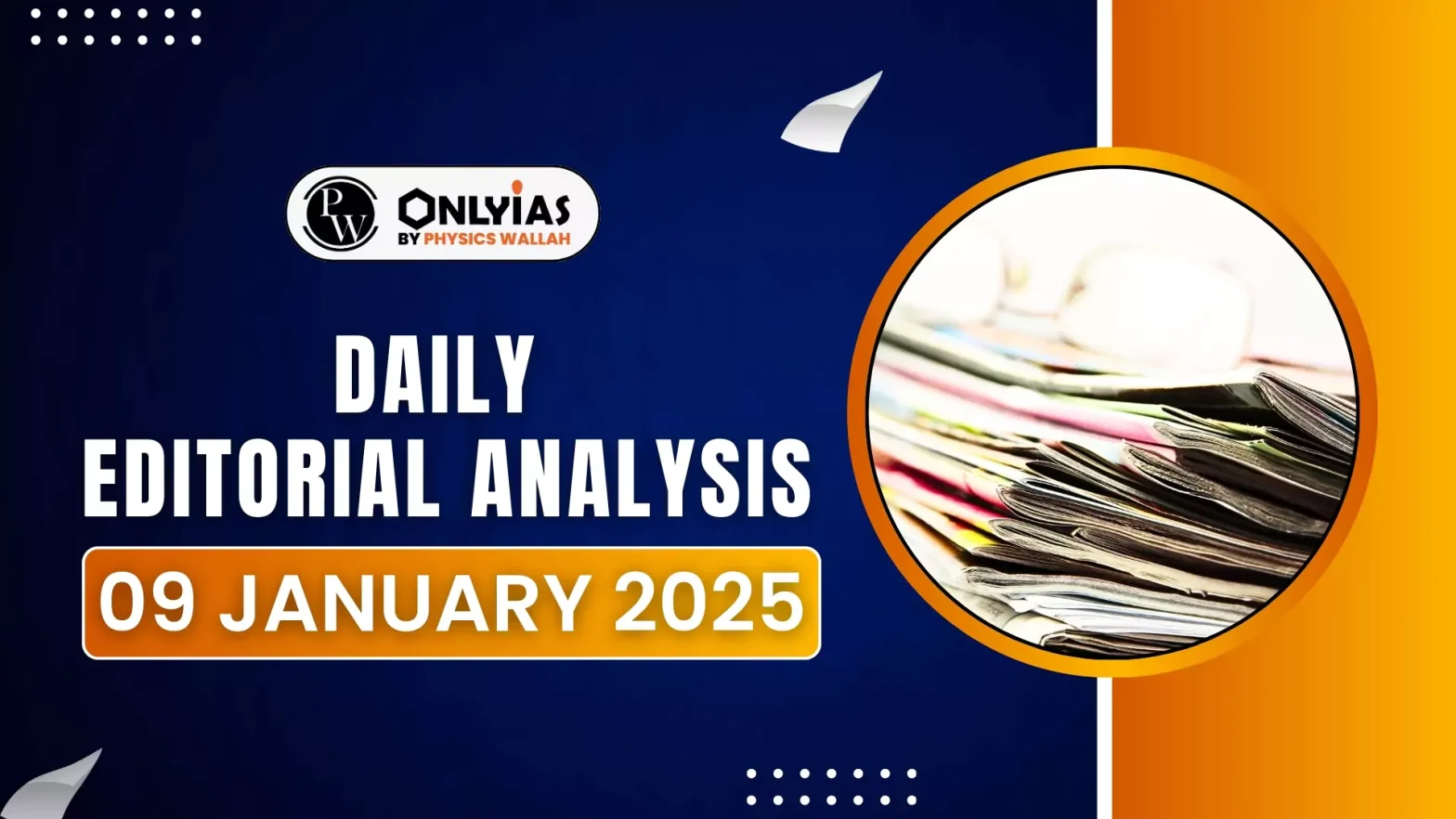Recently, Jake Sullivan, the US National Security Advisor, visited India for the final time under President Biden’s administration, emphasizing key aspects of the growing India-US relationship.
Key Features of India-USA Relations
- Expansive Commitment: The Biden Administration, with Sullivan’s contributions, is dedicated to strengthening India-US ties. The goal is to elevate the partnership and ensure that unforeseen crises do not derail it.
- Techno-Industrial Collaboration: The Biden Administration has moved beyond government-to-government tech engagement, initiating a new era of techno-industrial collaboration in AI, semiconductors, space, and biotechnology.
- This includes involvement from industries, start-ups, and research communities in both nations.
- The policy instrument for this has been the initiative on Critical and Emerging Technologies (iCET) that was unveiled in January 2023.
- Initiative on Critical and Emerging Technologies (iCET): iCET aims to restructure the global economy by reducing dependence on China and building new technology partnerships with allies. It is also designed to foster a regional balance of power in the Indo-Pacific to limit China’s dominance.
Enroll now for UPSC Online Course
India-US Technological Cooperation
- Early Cooperation in Technology: The US played a crucial role in India’s early nuclear and space programs and in modernizing agriculture. Technology was central to India’s engagement with the US post-independence.
- Collapse of India-US Tech Ties: India-US technological cooperation thrived initially but collapsed in the 1970s due to non-proliferation laws and sanctions after India remained non-nuclear. The USA allegedly offered to help India build nuclear weapons, but India declined.
- Post-Nuclear Test Era: The 1990s saw strengthening of non-proliferation controls against India, but the 1998 nuclear tests by India revived engagement.
- The breakthrough came with the India-US civil nuclear initiative during President George W. Bush’s tenure and continued under Presidents Barack Obama and Donald Trump.
Issues in Tech Cooperation
- Restrictions on Space and Nuclear Cooperation: While progress has been made, some restrictions on civilian space cooperation with India are still being lifted.
- Efforts are ongoing to remove Indian atomic energy centers from the US blacklist to facilitate bilateral nuclear energy cooperation.
- Barrier for Nuclear Investment: India must amend the Civil Liability for Nuclear Damage Act, 2010, to encourage investment from US and Indian companies in nuclear energy. Despite progress, no deals have been made for nuclear power plants with international suppliers, except Russia.
- Global Demand: The growing demand for clean energy, especially for data centers used by the AI industry, presents new opportunities for nuclear energy, and India must create a favorable regulatory environment.
Future Challenges under Trump
- Adapting to Policy shifts: Trump may take a different approach to advanced technology development, requiring India to adapt to new policies. However, the convergence of interests between India and the US on technological cooperation, especially regarding China, remains strong.
Check Out UPSC NCERT Textbooks From PW Store
Conclusion
While there are challenges and uncertainties with a potential change in leadership under Trump, the long-term prospects for India-US cooperation in technology remain promising. India must be prepared for any shifts in policy, as the global landscape of technology and geopolitical alliances continues to evolve.
![]() 9 Jan 2025
9 Jan 2025
